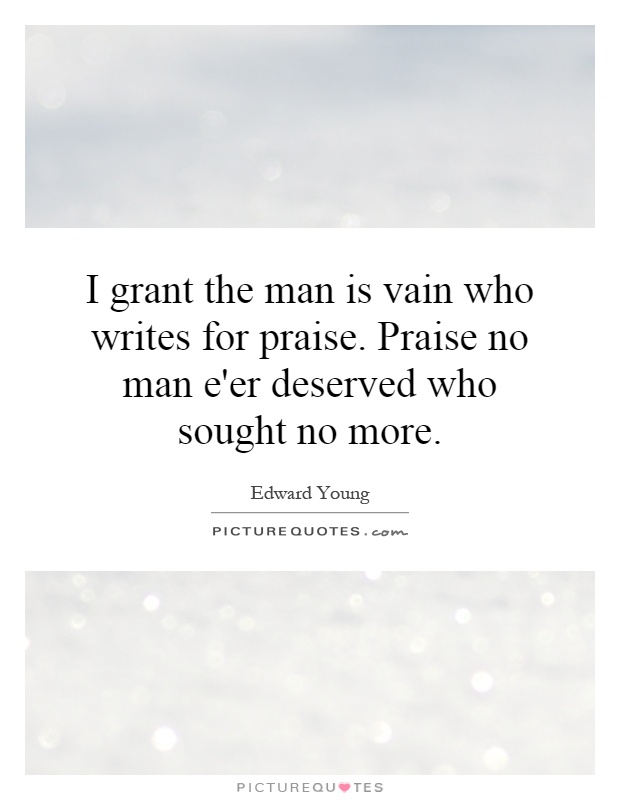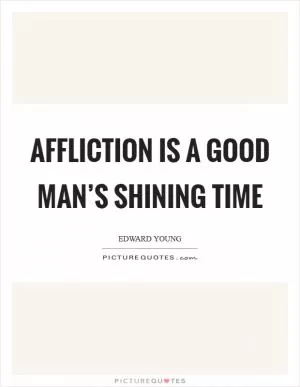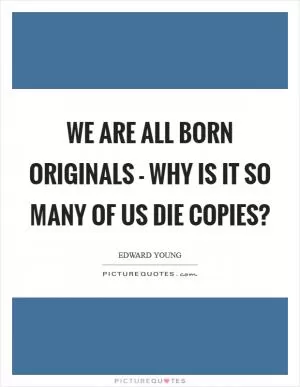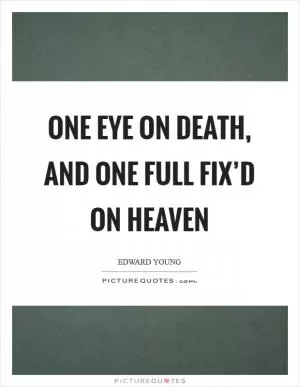I grant the man is vain who writes for praise. Praise no man e'er deserved who sought no more

I grant the man is vain who writes for praise. Praise no man e'er deserved who sought no more
Edward Young was an English poet and playwright who lived during the 18th century. He was known for his satirical works and his exploration of themes such as vanity, ambition, and the pursuit of fame. One of his most famous works is the poem "Night Thoughts," which delves into the nature of human existence and the search for meaning in a world filled with suffering and uncertainty.In the context of the quote "I grant the man is vain who writes for praise. Praise no man e'er deserved who sought no more," it is clear that Young had a deep understanding of the human psyche and the motivations behind creative endeavors. He believed that seeking praise and recognition for one's work was a sign of vanity and a lack of true artistic integrity. Young believed that true art should be created for its own sake, not for the approval or admiration of others.
Young's own work reflects this belief, as he often used his poetry to critique the vanity and ambition of his contemporaries. In "Night Thoughts," he explores the emptiness of fame and the futility of seeking validation from others. He warns against the dangers of becoming consumed by the desire for praise, as it can lead to a loss of authenticity and a distortion of one's true self.
Young's words serve as a reminder to artists and creators to stay true to their own vision and to create work that is meaningful and authentic. Seeking praise and recognition may bring temporary satisfaction, but true fulfillment comes from staying true to one's own artistic voice and creating work that is honest and sincere.












 Friendship Quotes
Friendship Quotes Love Quotes
Love Quotes Life Quotes
Life Quotes Funny Quotes
Funny Quotes Motivational Quotes
Motivational Quotes Inspirational Quotes
Inspirational Quotes